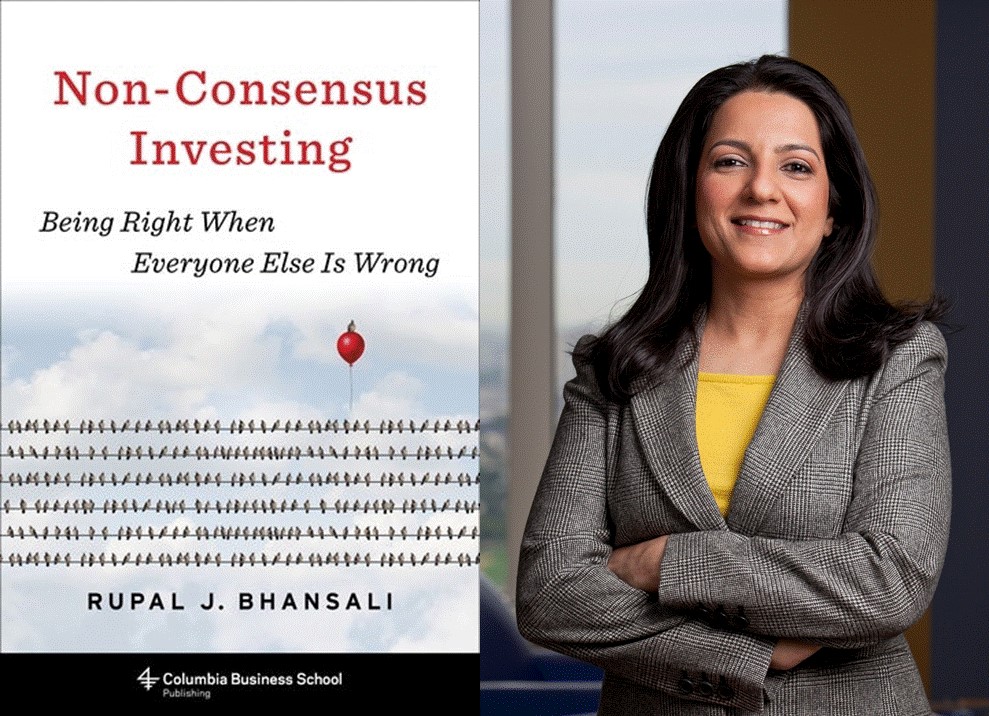Michael Yogg — Investment Profession Should Learn from Industry Pioneer who Spoke Out
“The investment profession must do a better job of policing its own or face the loss of public trust and ever more draconian regulation.”—Michael Yogg
The following post is by Michael Yogg, author of Passion for Reality: The Extraordinary Life of the Investing Pioneer Paul Cabot:
“The manager was a horse’s ass of the first order. The most responsible job I ever had was going out and getting him a box of cigars.” Paul Cabot, the legendary investor and mutual fund pioneer, was recalling his first job after graduating from Harvard Business School in 1923, at an American bank in London. It was undemanding and left him time to pursue a personal interest, the study of British investment trusts. Cabot came from a well connected family, and he contacted a friend, Junius Morgan, grandson of J.P. Morgan, who introduced him to Robert Fleming, a bond investor and investment trust entrepreneur who had teamed up with the elder Morgan to help finance American railroads.
Fleming tutored Cabot on every aspect of his business; but Cabot had his own ideas. He was the son of a Boston trustee and, unlike Fleming, was comfortable investing in stocks, which he believed had superior long-term return prospects. He returned to Boston in late 1923 as stocks, in his words, “were just coming into fashion to be considered respectable moneymaking investments….I wasn’t a damn bit interested in bonds.”
The next year Cabot, and two others, founded a mutual fund. They established an extraordinary investment record, primarily because—taking a cue from J.P. Morgan—they were among the very few in the 1920’s to regularly visit the companies they invested in. As the bull market grew into a mania, Cabot’s London training really began to pay off. He had studied the scandals as well as the successes of the British trusts. When he saw the same abuses occurring in the U.S.—price manipulation, dumping of unwanted securities into mutual funds, deliberately complicated and confusing capital structures—he was among the first to recognize them, certainly the first to publicize them.
In 1928 he addressed a group of bankers and identified these abuses, without identifying the abusers. But one of them correctly concluded it was a target and threatened to remove its deposits from National Shawmut Bank, where Cabot was a director, unless the bank silenced him. As Cabot remembered it, “I flamed up. I got so goddamn mad I said, why the sons of bitches, ….I’ll show them how I’m going to be shut up. I trotted up to the Atlantic Monthly, the editor of which happened to be my uncle, and gave him this speech and he published it.” When the market crashed and more scandals surfaced, Cabot became well known for his prescience, integrity, and investment acumen, a reputation that endured and deepened over the years.
In 1935, when Congress began debating legislation to prevent a recurrence of these abuses, Cabot was the most influential industry witness. Alone among fund executives, he had welcomed an investigation of the mutual fund industry. And while Cabot was a Republican, Senate Banking Committee Chairman Robert Wagner, a New York Democrat, praised his recommendations as constructive and realistic. They were incorporated into what became the Investment Company Act of 1940, which is still an important part of U.S. securities regulation.
What can the malfeasance of that period tell us about the offenses of more recent decades? Since Cabot gave up the chairmanship of his original mutual fund in 1983, investors have suffered through the junk-bond scandal, Enron, the dot-com bubble, the mutual fund trading scandal, the Madoff fraud, the financial meltdown surrounding the sub-prime mortgage crisis, and more. The common thread unifying these financial crises is violation of fiduciary duty—by an investment manager, investment banker, corporate executive.
Before Cabot and his partners set up their mutual fund in 1924, they consulted the brightest financiers of the day including J.P. Morgan Jr., Junius’ father. These experts told them that 1924 was the worst possible time to start a fund. They did it anyway, but because of these warnings, they invested only their own money for the first three years so that if things didn’t work out, they would not harm clients.
Cabot viewed investment management more as a profession than as a business, and frequently compared it to the practice of medicine or law. The CFA Institute, an association for investment professionals, has done a good job continually raising the standards of ethical behavior as the financial world has become more complex. But the actual conduct of investment professionals has not matched the rising standards.
Those holding the CFA (or Chartered Financial Analyst) designation are directed, by the preamble of their Code of Ethics “to lead the investment profession globally by setting high standards of…integrity” in order to maintain “the public’s trust in financial markets.” But most scandals of recent decades were uncovered only when criminal investigators, prosecutors, and journalists got to the story. The investment profession must do a better job of policing its own or face the loss of public trust and ever more draconian regulation.



